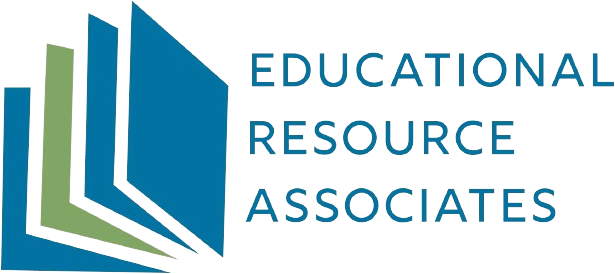Is Your Child Ready to Read? Here are the Signs to Look For
Readiness is the Key to Successful Reading
Early readers are children who read before the first grade. Some of these children are what I will call “natural born” readers. These students would learn to read “off
of a cereal box!” The other group of readers is much larger. These students need systematic instruction in reading. Unfortunately, many professionals believe that students do not need formalized reading instruction until early elementary school.
However, my experience as a preschool teacher indicates that younger students have a “point of readiness”. Reaching the “point of readiness” shows that the child is ready for reading instruction. For practical purposes, think of a child’s readiness for reading as a “point of ignition”. Later, when you put the “key” into the “ignition”, the car starts with incredible force!
Existing educational philosophy has not allowed educators to be sensitive to this condition. In fact, current philosophies blind teachers to reading readiness indicators.
What are some of the early “ignition” indicators? The child is interested in books, reads from pictures, and loves to be read to on a routine basis for long periods of time. The child has favorite stories he/she wants to hear over and over. These children are also aware of the symbol sound connection. They know letter make sounds. Finally, they manifest the behaviors that say they are ready to read by actually asking to learn to read!
The question is then, why as educators, do we ignore these signposts? Why do we insist that children can ask for food or toys and become satisfied from receiving them, but when they ask to learn to read, we respond by saying that it is not developmentally appropriate, therefore, missing the individual’s “ignition” opportunity?
Social development at the pre-elementary level is spontaneous and children are readily accepted by their peers. Children openly share whatever and however they are! Role playing and creative dramatics are evident at this time. Every experience to the young child is learning!
To become academically successful, students must leave first grade as readers. Too frequently, “LUCK” plays a role in the reading process. By “LUCK”, I mean the student make-up of the classroom, the teacher’s experience, and the one-on-one interactions between the teacher and the student. Of prime importance (and too often left to chance) is the formalized reading program itself.
By the end of first grade, a non-reader will likely become a problem reader whose needs may or may not be met.
Second and third grade is when comprehension skills are being developed. These comprehension skills, when adequately taught, take the student from verbal expression and understanding to actual reading and understanding.
If comprehension is not developed, social conflicts can result. An example of this is children who do not understand the nuances and innuendoes in social interactions. These children will not understand jokes or why people are laughing at these jokes. The student fakes the understanding by laughing but fears the discovery that they do not understand.
Upper elementary curriculum is heavily laden with reading content in science, social studies, and language arts. If the basic reading and comprehension skills are not developed, the student will have nothing to apply to this content area reading. What they have to look forward to is being promoted without mastery of educational curriculum.
At this time, the upper elementary student begins to permanently identify with a social group. High performers and (non-educated) bright children will form (like-peer) groups. These groups can reflect a common level of athletic, academic, musical, or other types of peer definition.
By junior high, the child who is not academically successful may begin disruptive behaviors. The student ceases to pretend more appropriate behaviors and begins to show anger at the system’s failure, resulting in aggressive behavior as well as passive-aggressive behavior.
The student is further punished by negative educational programming such as special education or remedial reading. Often the child is dismissed from school entirely. This child may seek relief by truancy or even expulsion. Conversely, the academically successful will perform at optimal levels, achieving what I call the cycle of success. He does well in school, and receives praise from outside structure, including teachers, parents, and peers. Eventually, he begins to develop and inner-appreciation and desire to do even better in education. This cycle of success will encourage optimal academic performance.
A child with educational difficulties completes high school by going through the motions, The system will also go through the motions. These students graduate with no viable educational skills and a negative social experience. Conversely, the child who is successful academically performs well on college placement tests looks forward to a career choice, and most often has a positive social experience.
For a child to spend thirteen years in an educational system and NOT receive an education is a tragedy for not only the student, but also for the society which will be called upon to support the student in the future. Can this be prevented? We have no choice.
The post Is Your Child Ready to Read? Here are the Signs to Look For appeared first on My WordPress .


Business Hours
- Mon - Fri
- -
- Saturday
- -
- Sunday
- Closed
Sunday by Appointment Only

Share On: